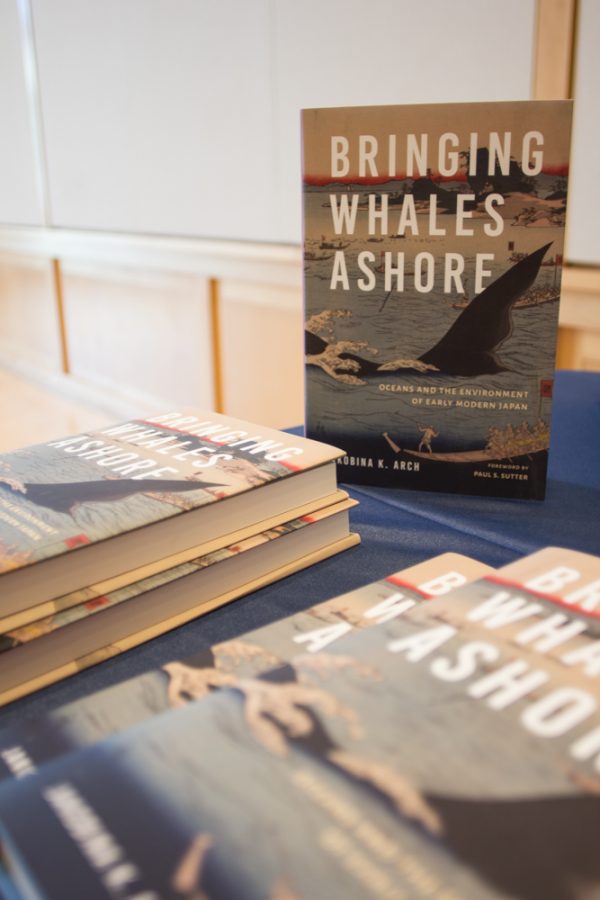A few weeks ago, the American College of Obstetricians and Gynecologists published research confirming that IUDs are safe methods of contraception, not just for adult women, but for teenagers as well. A review of over 90,000 health insurance claims for IUD users found that less than one percent of them, regardless of the type of IUD they were using or their age, experienced serious complications.
IUDs are the most effective reversible methods of birth control available today. Planned Parenthood reports that less than 1 out of 100 IUD users will get pregnant while using the method––a number so low that “Managing Contraception on the Go,” a manual for sexual health specialists and nurse practitioners, advises readers to “think of IUDs as reversible sterilization.” They’re long-lasting––Skyla lasts three years, Mirena lasts five, and the copper IUD lasts 10. They may prevent cervical cancer. And they require no input to work––there’s no pill you have to remember, no appointments you have to schedule, nothing.
Unsurprisingly, out of the 661 million couples worldwide who are using “modern” methods of birth control, 169 million are using IUDs. That’s a solid quarter, outclassed only by tubal sterilization (223 million).
Yet, in the U.S., IUDs account for only 5.5 percent of birth control use.
What’s up with that?
Blame the Dalkon Shield. In the 1970s, the A.H. Robins company manufactured, marketed, and sold an IUD called the Dalkon Shield. At the peak of its popularity, it had over 2.8 million users. It was also, due a design flaw, responsible for the serious injury of over 200,000 people. More than 300,000 lawsuits were filed against the company, and yet, in spite of this, A.H. Robins continued to defend the device and its safety until the company went bankrupt in 1985.
You can’t blame anyone for being cautious of what they put into their body, especially when corporations like A.H. Robins demonstrate how willing they are to lie and endanger people’s health in order to keep making a profit. But nobody’s selling Dalkon Shields anymore.
The IUDs available today have been proven again and again to be much, much safer than the Dalkon Shield was. The Shield’s central design flaw––a porous, multifilament string that provided an easy path into the uterus for bacteria––is absent in all three IUDs available in the U.S. today, which all use monofilament strings instead.
Obviously, the decision of what birth control method to use is a personal one, and depends on a lot of factors. That said, it’s time to cast aside the fear surrounding the most effective method of birth control available today. As this latest study from ACOG shows, IUDs are safe and reliable for practically everyone who might use them.








